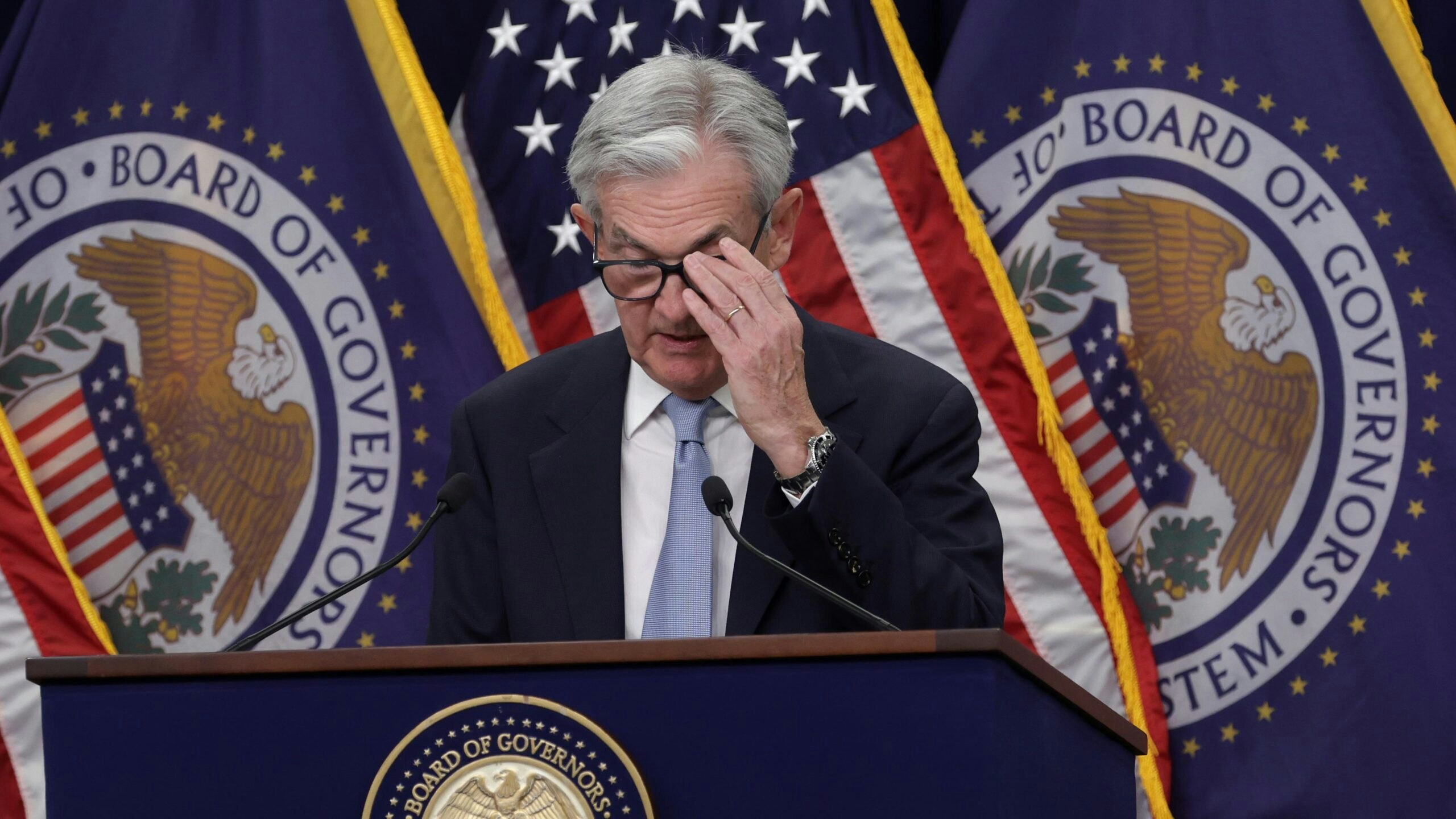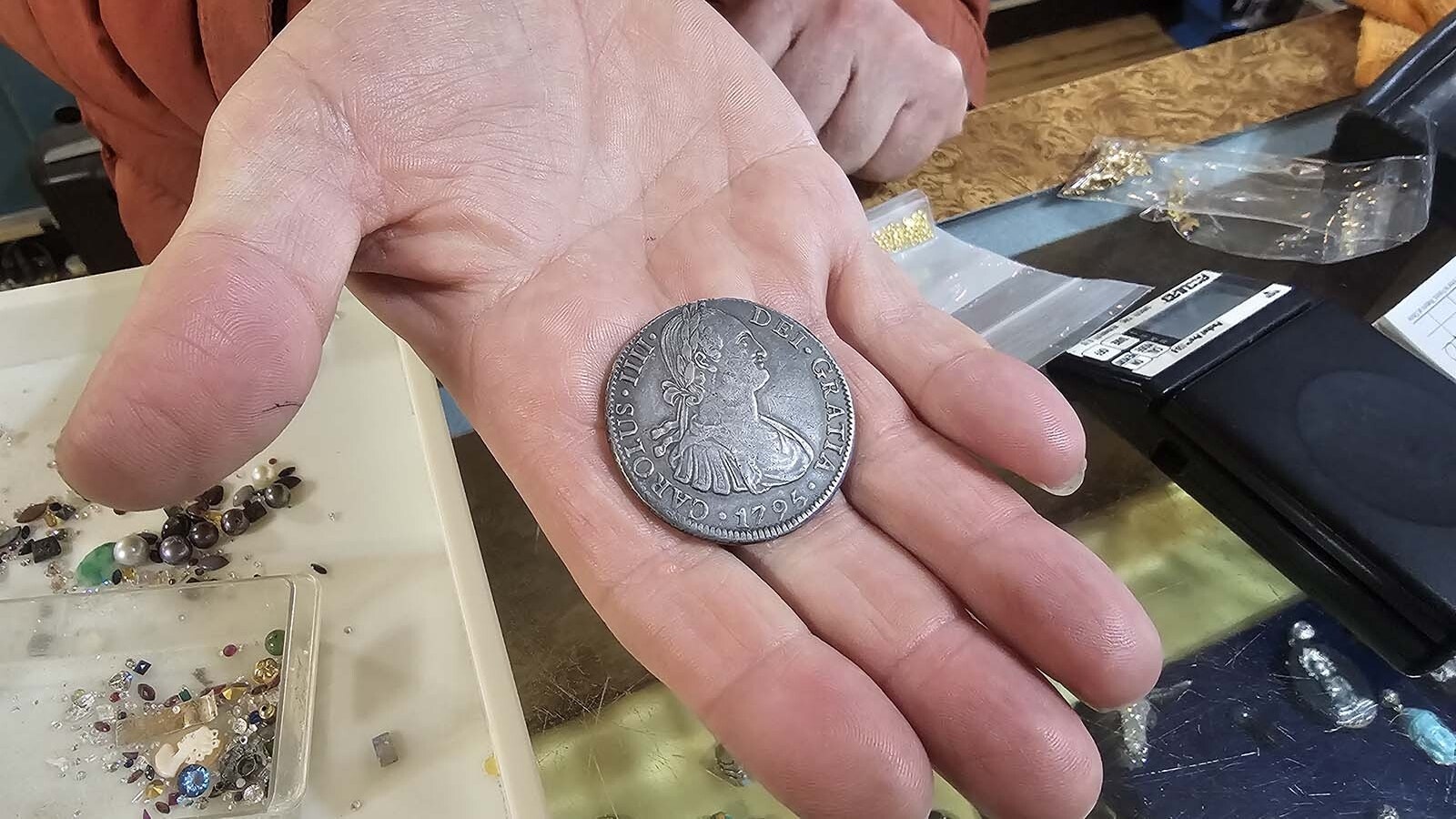The Federal Reserve is not just rejecting Custodia Bank’s membership in its system, it appears to be putting a huge circle with a big line through it for Wyoming’s Special Purpose Depository Institutions, or SPDIs, in general.
In an 86-page manifesto detailing its objections to Custodia Bank’s application for membership, the Fed appears to be staking out broad positions on cryptocurrency in general, and Wyoming’s SPDI law in particular.
The order acknowledges that Custodia is “well capitalized” and has sufficient resources to launch, but outlines a fairly grim position on the sustainability of any crypto-focused bank. It also highlights the “untested nature” of Wyoming’s SPDIs, suggesting that the state’s Division of Banking would not be up to the task of handling an SPDI, or speedy bank, that became insolvent.
The order also takes further aim at any connection between banks and cryptocurrency, suggesting the latter are volatile and unstable, with value that is mostly based on “speculation and sentiment” rather than a “clear economic use case.”
“Custodia’s proposed business model would focus almost exclusively on the crypto-asset sector and would aim to create further connections between traditional financial intermediaries and the crypto-asset ecosystem by engaging in crypto-asset-related activities that are novel and unprecedented for state member banks,” the Federal Reserve’s order states.
“Given the speculative and volatile nature of the crypto-asset ecosystem, the board does not believe that this business model is consistent with the purposes of the Federal Reserve Act.”
108% Business Model
Under Wyoming Law, SPDIs are to maintain 100% reserves. Custodia’s business model, meanwhile, goes an extra mile, calling instead for 108% reserves for its digital assets.
Because of that, Custodia did not seek to be federally insured, as it’s effectively self-insured by holding 100% on reserve.
The Fed, however, said the lack of insurance is a “significant gap in the applicable federal legal and prudential framework,” which would put Custodia Bank — and any entities it deals with — beyond the requirements that insured banks must legally comply with.
“For example, Custodia would not be subject to the Change in Bank Control Act or the Community Reinvestment Act,” the Federal Reserve Order says. “In addition, as a nonbank for purposes of the BHC Act, any entity that controls or is under common control with Custodia would be outside the scope of the BHC Act’s activities restrictions and consolidated prudential supervision and regulation.”
While future applicants might resolve these concerns, “the Board does not believe that Custodia has overcome these concerns or provided sufficient justification for breaking from long-standing precedent.”
Just Hypocrisy
This is just hypocrisy, Custodia Bank CEO Caitlin Long told Cowboy State Daily.
Because, in fact, the Federal Reserve has already greenlit a New York bank — BNY Mellon — which intends to offer a service that Long says is “exactly what Custodia proposed” almost three years ago when it applied for its master account.
Custodia Bank’s business model includes the creation of a digital dollar that would be the equivalent of an electronic cashier’s check, 100% backed under Wyoming law by risk-free assets that would have been held in a master account with the Federal Reserve.
The new payment technology would have served as an on and off ramp for cryptocurrencies. The master account, meanwhile, would have allowed Custodia to complete its own transactions bank to bank, instead of relying on a different bank to do it for them.
Stifling innovation in the financial sector isn’t the way to go, Custodia spokesman Nathan Miller told Cowboy State Daily in an emailed statement.
“Historic bank runs in the last two weeks underscore the dire need for fully solvent banks that are equipped to serve fast-changing industries in an era of rapidly improving technology,” he said. “That is the exact model proposed by Custodia Bank — to hold $1.08 in cash to back every dollar deposited by customers.”
Wyoming Work With Fed Ignored
The Federal Reserve’s order makes no mention of the fact that Wyoming lawmakers worked with the Kansas City Federal Reserve when they developed Wyoming’s SPDI law.
Custodia was even told by the Kansas City Fed not long after its application that there were no “showstoppers.”
“Custodia Bank was approved for initial launch by both its primary bank regulator and an independent compliance consultant last fall,” Miller said. “But the Fed and the Kansas City Reserve Bank refused to follow the law, leaving Custodia no choice but to sue.”
What has followed since, Miller said, are coordinated attacks and behind-the-scenes press leaks of confidential Custodia information.
“The recently released Fed order is the result of numerous procedural abnormalities and factual inaccuracies that the Fed refused to correct, and general bias against digital assets,” Miller said. “Rather than choosing to work with a bank utilizing a low-risk, fully reserved business model, the Fed instead demonstrated its shortsightedness and inability to adapt to changing markets.
“Perhaps more attention to areas of real risk would have prevented the bank closures that Custodia was created to avoid.”
CBDC Coin At Play?
In its order, the Fed highlights “heightened illicit finance and safety and soundness risks” from the crypto sector, and suggests the security framework Custodia presents is insufficient.
“This comment pertained to the issuance of a digital dollar on an open public blockchain,” Long told Cowboy State Daily in an email. “The Fed may have outlined for the first time a ‘Catch 22’ that blocks both banks and non-banks from issuing U.S. dollar stable coins for this reason.”
Some cryptocurrency asset experts believe this positioning is aimed at something else, though, Long added.
“There is some school of thought that the Fed is preparing to issue a CBDC, which is why it doesn’t want banks (or non-banks) issuing stable coins.”
A Central Bank Digital Coin would be similar to one that China has already created, U.S. Sen. Cynthia Lummis, R-Wyoming, has told Cowboy State Daily, and is something she opposes, because it could be used as means of surveillance. That is how China uses theirs.
Custodia Bank, meanwhile, holds a U.S. patent on the tokenization of bank deposits, which it was granted in July 2022.
The 12 regional federal reserve banks are privately owned and likely subject to such patents, Long said.
“This is an important distinction, because the actual issuers of U.S. dollars at the Fed have always been the 12 regional reserve banks, not the Board of Governors in Washington, D.C. — so a patent that applies to the 12 reserve banks might pose a roadblock to a Fed-issued CBDC,” she said in an email to Cowboy State Daily.
This connection could explain the almost three-year delay in Custodia Bank’s master account application, as well as the apparent reversal from “no showstoppers” to everything is literally a showstopper, from the business model itself to the “experience” of Custodia Bank’s management team, which the Fed Reserve cited as lacking relevance.
Long said that was a particular surprise, given her extensive Wall Street background.
“One hundred percent of Custodia’s management team has banking experience, including my 22 years in senior roles in banking at Morgan Stanley and Credit Suisse in New York,” Long said. “But the Fed rejected it as not ‘relevant’ banking experience.”





